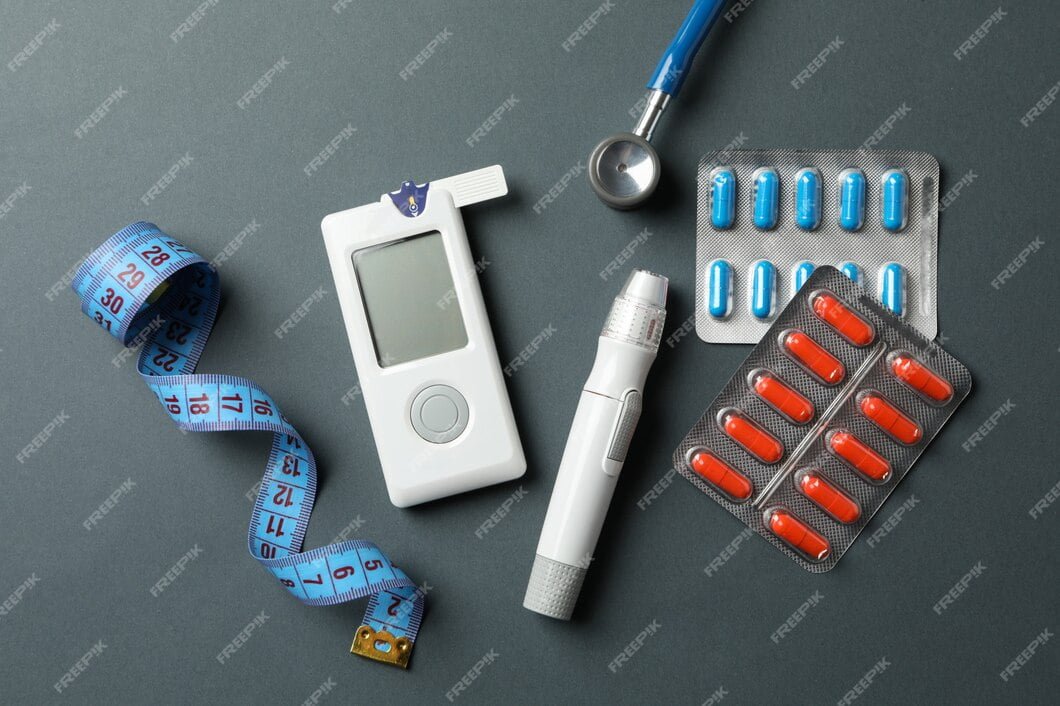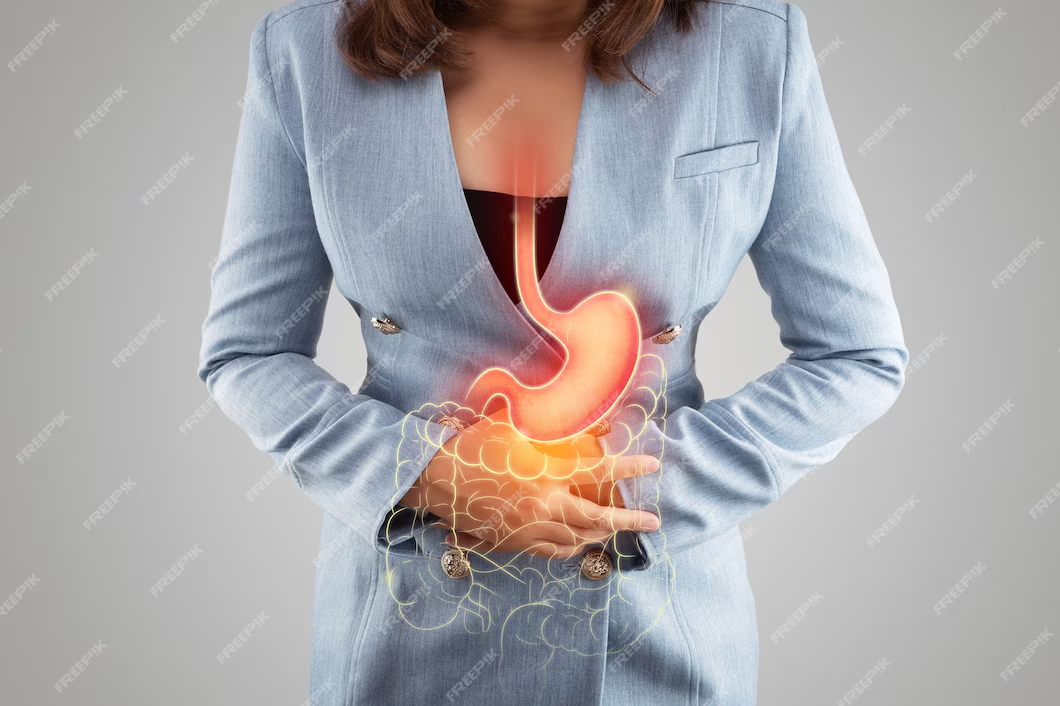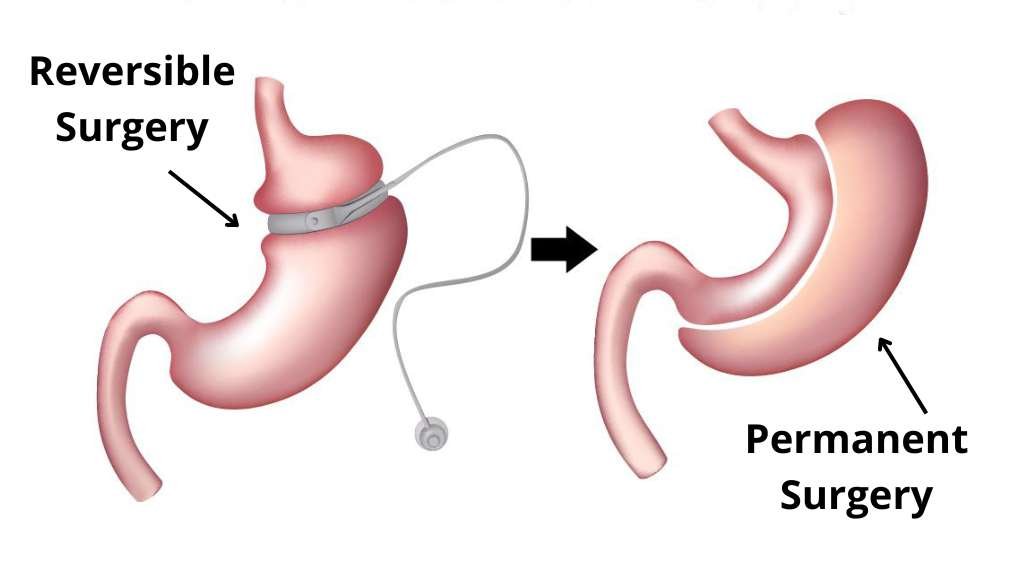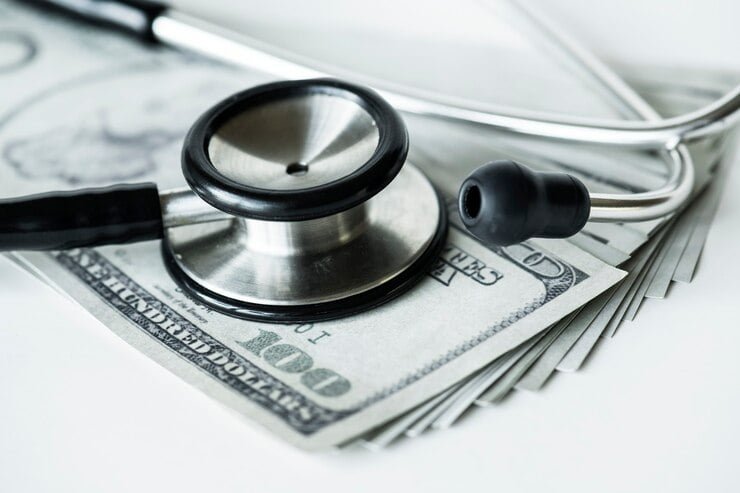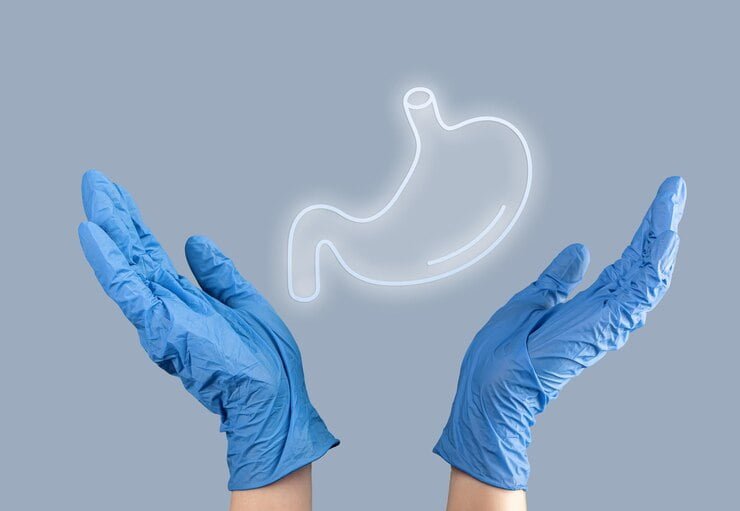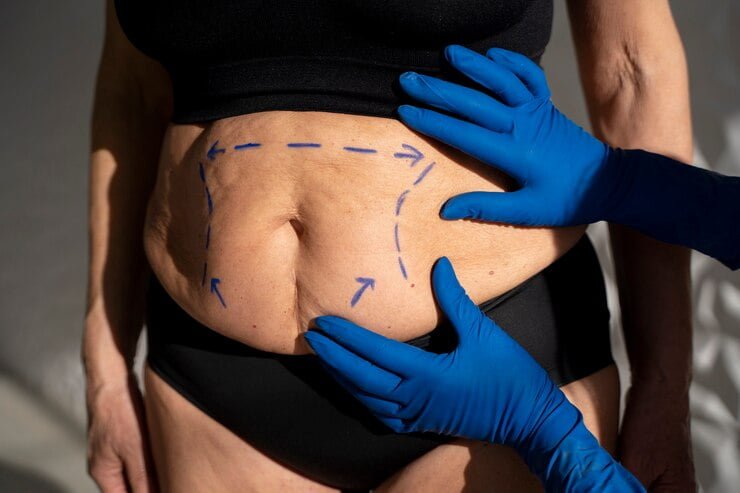Gastric sleeve surgery, also known as sleeve gastrectomy, is a common procedure used to aid weight loss. During this operation, a portion of the stomach is removed, creating a smaller, sleeve-shaped stomach. This reduction in stomach size limits the amount of food that can be eaten, leading to ongoing weight loss. The primary goal of gastric sleeve surgery is to assist patients with significantly high body mass index (BMI) in achieving substantial and long-lasting weight reduction, thereby enhancing overall health and improving their quality of life.
Benefits of Gastric Sleeve Surgery
The advantages of gastric sleeve surgery for the patients who seek weight loss and increase their health in general are listed below. Some of the key benefits include: Some of the key benefits include:
Significant Weight Loss
In the long run, the patients can notice a really huge weight loss which might positively contribute to increased mobility, limitation of joint pain or better levels of physical health.
The Reduction in Obesity-Related Diseases (ORH)
A lot of patients with obesity-related diseases like type 2 diabetes, hypertension, and sleep apnea have found that they either easily get better or even get completely cured after the gastric sleeve operation.
Improved Quality of life
Healthier and well balanced individuals, through weight loss and positive health, have likely gained improved self-esteem, happier minds, and more active lifestyles.
Gastric Sleeve Overview and Their Complications
Gastric sleeve operation is ideally known as a safe and effective intervention, but it should be bear in mind that there are some complications that can come about from any surgical procedure. These complications can include:
Infection
The pathogenic microorganisms such as staphylococcus and gram negative microbes may enter the bloodstream via the surgical site or from other sites within the body.
Bleeding
Some patients may find bleeding to be a concern that needs medical care during or even after surgery.
Leakage
Unlikely cases of leakages can be seen at the point of surgical staple and the stomach where they may sometimes cause complications that may necessitate immediate medical attention.
Nutritional Deficiencies
It may lead to patients dealing with decreased stomach sizes to be aware about their nutrient intake and take some supplements to avoid the deficiencies.
Digestive Issues
Diet and daily habits may undergo transformation, ranging from disruption of digestion and intolerance to specific foods to various adjustments necessitated by the surgery.It is especially therapeutic for both patients and their physicians to talk about the eventuality of these side effects before embarking upon the gastric sleeve surgery and stick to a protocol for post-operative recuperation, in order to minimize risks and to recover smoothly. Continuous checkups with physicians and well-timed follow up visits will enable to consider and improve all outcomes in the patients who have undergone surgery long-term.
Common Gastric Sleeve Complications
1. Gas Pain
Gas pain is an everyday experience for people that have undergone gastric sleeve operation as a result of several factors. The main procedure involves the stomach in which there is a massive transformation, including the decrease in size and change of its function. You may experience discomfort and bloating as a result of stored gas and air in your intestines due to the calorie-free condition. Gas production can also be caused by the body’s response to the gestations’ anesthesia and its transition to eating after surgery.
Patients can relieve gas pain by following these tips
Gentle Movement
Just enough walking and light activities can be helpful for this cause and accelerate the bowel movements as well as gas solution.
Proper Hydration
The other daily habit that we drink plenty of water because it helps for better digestion, it reduces the risk of constipation and it alleviates gas pain.
Gas-Relief Medications
It is possible to employ simethicone, which is a synthetic medicine for reducing gas by taking the gas product from the digesting system.
Avoid Carbonated Beverages
Drinking does carbonated drinks add up to gas formation, thus it is good to restrain from consumption.
2. Heartburn
The heartburn, which stands for a burning sensation in the chest or throat, could happen after gastric sleeve operation as a result of the new shape and function of the stomach. The stomach size is smaller now and stomach acid will not be produced all the time, which can result in acid reflux and heartburn. Furthermore, specific dietary selections just after the surgery and definite eating routines may worsen heartburn symptoms.Strategies to manage heartburn effectively include
Diet Modifications
Cutting out fatty, spicy and acidic foods has a decreasing effect on acid reflux and heartburn.
Eating Smaller Meals
Basically, having to break the bigger meals into the smaller ones will give your digesting system an easier time and will minimize any acid coming back up.
Do Not Lean Back After Eating
Even if it is hard to stay upright after meals, try to remain standing for no less than 30 minutes since this helps the stomach content to avoid slipping back into the esophagus.
Medications
Whether it is over the counter antacids or those medications prescribed by your doctor, they are utilized to relieve the gastric problems of heartburns.
3. Bad Breath
Bad mouth (halitosis) may show up in gastric sleeve surgery due to many different reasons such as a reduction in food intake, the changes in diet and dry mouth. When your body enters ketosis (an abnormal metabolism state in which it uses fat for the energy) it can cause a specific breath odor. Probably, lesser saliva production and decaying of oral hygiene may result in bad breath as well.Patients can improve bad breath with these methods:
Maintaining Good Oral Health
Brushing the teeth, tongue, and the gums regularly, followed by flossing, can help the removal of particles of food and bacteria that cause bad breath.
Stay Hydrated
If you want to keep your breath fresh, you should drink enough water to avoid a stale-smelling mouth from developing.
Sugar-Free chewing gum or mints
Sugar-free gum or sugar-free mints can be chewed or used as an interim measure to generate saliva and temporarily hide unpleasant breath.
Regular Dental Check-ups
Commit to visiting the dentist on a regular basis in order to have your teeth cleaned as well as addressing any oral health problems that cause bad breath.
Less Common Complications
1. Gastroesophageal Reflux Disease (GERD)
During gastric sleeve surgery the stomach anatomy and functions may change, thus leading to the development of Gastroesophageal Reflux Disease. The smaller storage capacity of the stomach can result in increasing the pressure on lower esophageal sphincter (LES), what in turn leads acid from the stomach to reflux into the esophagus with resultant heartburn, regurgitation and chest discomfort. To alleviate GERD symptoms:
Follow a GERD-friendly diet
Avoid acidic, spicy, and fatty foods, which can lead to reflux.
Elevate the head of your bed
Lying with your upper half of the body elevated may help eliminate the night time reflux problem.
Take prescribed medications
Your treating physician would probably prescribe some class of acid-reducing drugs or proton pump inhibitors in order to treat your GERD symptoms adequately.
2. Stomach Ulcers
Stomach ulcers can be a complication after gastric sleeve surgery, especially with the over-use of NSAIDs or a history of stomach ulcers. They result from the erosion of the inner lining of the stomach or the first part of the small intestine. Symptoms include nausea, bloating, and abdominal pain. Treatment and prevention of stomach ulcers include:
Avoid NSAIDs
Take pain relievers as instructed by your doctor and do not use non-steroidal anti-inflammatory drugs unless advised so.
Take medications as prescribed
In the case of a stomach ulcer, medications to lower stomach acid or antibiotics to treat H. pylori (if seen) may be prescribed.
Follow a stomach-friendly diet
A balanced diet that focuses on the consumption of fruits, vegetables, lean proteins and whole grains can provide support for the health of the stomach.
3. Vitamin and Mineral Deficiencies
Gastric sleeve surgery (also known as sleeve gastrectomy) can lead to nutritional deficiencies due to reduced food intake and altered absorption of nutrients. It’s essential to take nutritional supplements after surgery to prevent deficiencies in crucial nutrients such as vitamin B12, iron, calcium, and vitamin D.
Patients should follow the following:
Comply their healthcare providers’ recommendations
Stick to the recommended dosage to be able to fill nutrient deficiencies.
Monitor nutrient levels
Periodic blood tests may help identify problems in their early stages, thus perfecting interventions.
Go on choosing a diet that is rich in nutrients.
Among others, add to your diet foods with vitamins and minerals, like lean meat, dairy products, green leafy veggies and fortified foods.
When to Seek Medical Help
Patients should contact their healthcare provider if they experience severe or persistent complications after gastric sleeve surgery, including but not limited to:
- Excessive purging or inability to retain food.
- Sudden aches in the abdomen or distention of the stomach.
- Symptoms of infection may include a high temperature, swelling, or fluid drainage from the surgical area.
- Weight loss or unexpected nutritional deficits that are not explained by taking supplements.
- Continued acid reflux symptoms which fail to respond to the lifestyle changes made or prescribed medicines.
Preventive Strategies
After gastric sleeve surgery, patients should make proactive efforts to decrease problems and improve effective recovery. Here are some important preventative strategies:
Have a balanced diet
Following to a balanced and healthy diet is essential for recovery and general health after surgery. Patients should eat lean proteins, fruits, vegetables, whole grains, and healthy fats, but avoid sugary, high-calorie, and processed meals.
Portion Control
Eating smaller, more frequent meals prevents overeating and improves digestion. Patients should practice paying attention when eating, digesting their food completely, and avoiding eating huge quantities or rushing during meals.
Maintain Hydration
It’s critical to stay hydrated throughout the day in order to promote feeling full, avoid dehydration, which can cause difficulties, and stay well-hydrated.
Daily Exercise
Following the advice of the doctor you see and doing regular exercise will help you control your weight, strengthen your heart, and improve your overall health.
Keeping up with After Surgery Instructions
Patients need to follow their doctor’s post-operative instructions to the point. This include taking prescribed medications, going to check-ups, and following the dietary recommendations and restrictions.
Track Your Nutritional Condition
Blood tests are used to regularly check nutritional levels, which makes it easier to recognize and treat deficiencies early on. To fulfill the necessary nutrients, patients should take the supplements that have been prescribed, as instructed by a medical expert.
Stay away from Alcohol and Smoking
Cigarettes and drinking too much alcohol can slow down the healing process, raise the possibility of problems, and have a negative impact on your overall wellness. Patients should follow their medical expert’s advice and avoid from smoking and excessive alcohol consumption.
After gastric sleeve surgery, patients can achieve long-term success in their weight loss journey by following these safeguards. They can promote good recovery and lower their risk of problems like nutritional deficiencies, ulcers, and reflux. Patients should prioritize their overall health and well-being. Staying connected with their medical doctor and asking for help when necessary is also crucial.
Individuals starting their weight reduction journey have to understand the possible problems related to gastric sleeve surgery. Patients can take preventative steps to successfully treat common problems like heartburn, gas discomfort, and vitamin shortages by being aware of them. Patient care must be the top priority. This includes following post-operative instructions, leading a healthy lifestyle, and getting medical attention as soon as necessary.
At Cayra Clinic, we place an intense focus on the value of patient education, routine follow-up care, and honest communication with medical professionals. Our team of experts is dedicated to providing complete assistance and direction during your gastric sleeve procedure and recovery period. If you have any questions or concerns regarding gastric sleeve surgery or its possible risks, you are welcome to contact Cayra Clinic for further details, personal assistance, or to book a consultation. By being prepared, you may contribute to a more successful weight reduction journey, better outcomes, and a faster recovery. Our first priority is your health and well-being, and we are here to support you at every stage. Please don’t hesitate to get in contact with us. Together, we can work toward your health objectives!


